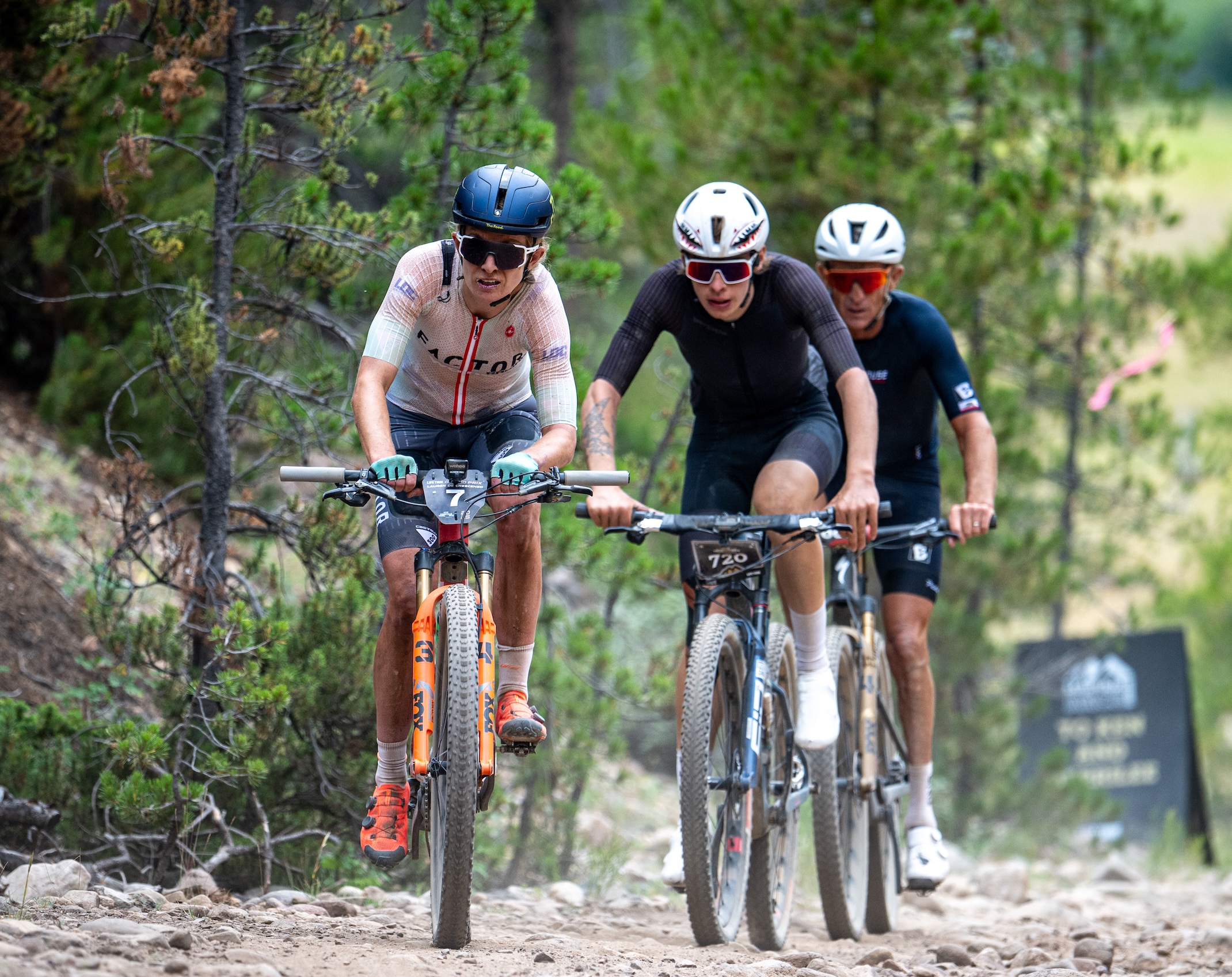Euser previews USA Pro Challenge stages
American looking to continue rise to form in Colorado
The latest race content, interviews, features, reviews and expert buying guides, direct to your inbox!
You are now subscribed
Your newsletter sign-up was successful
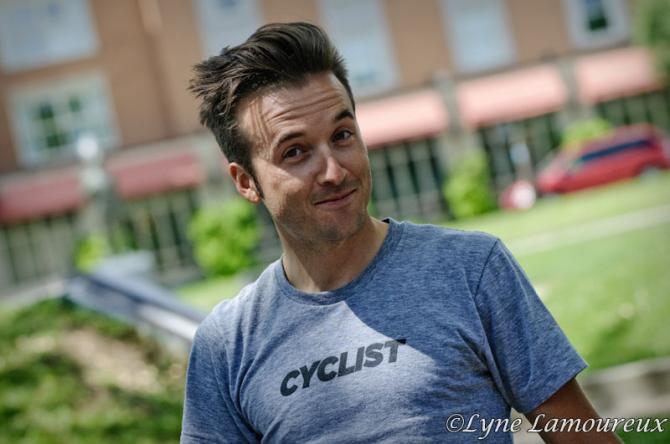
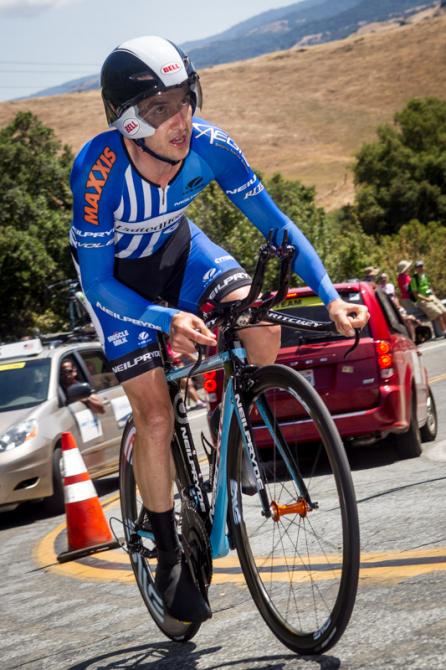
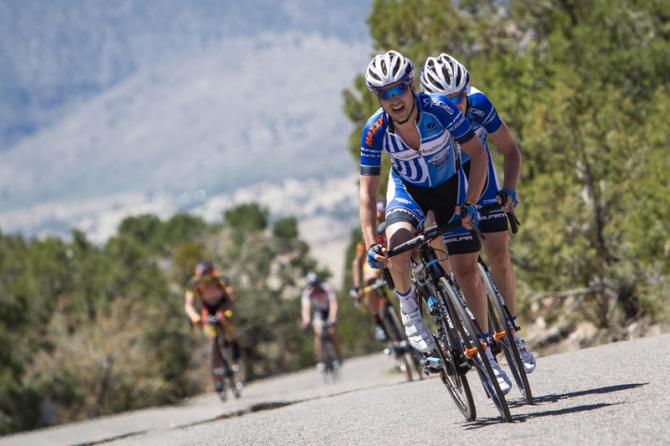
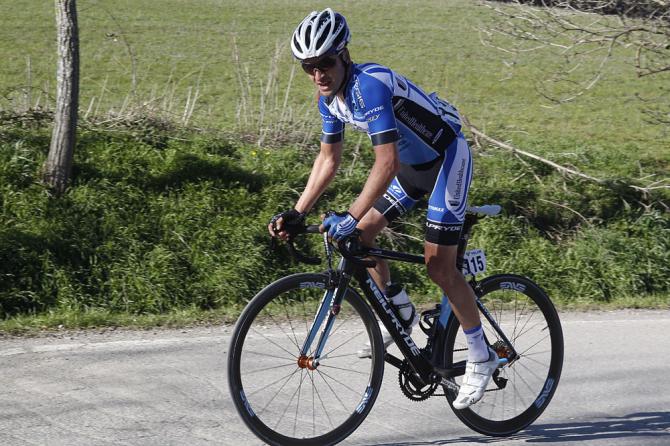
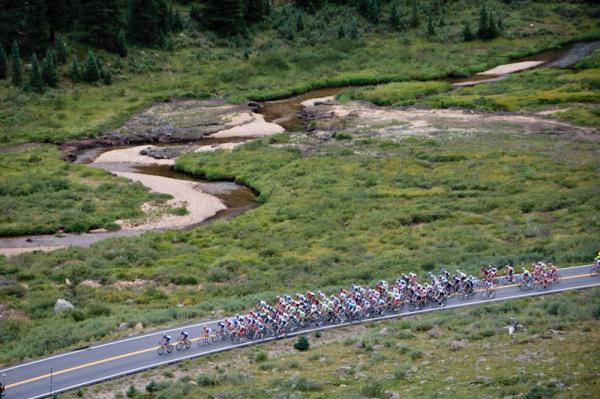
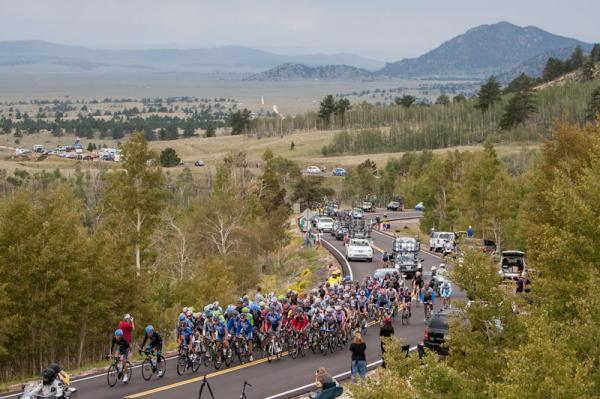
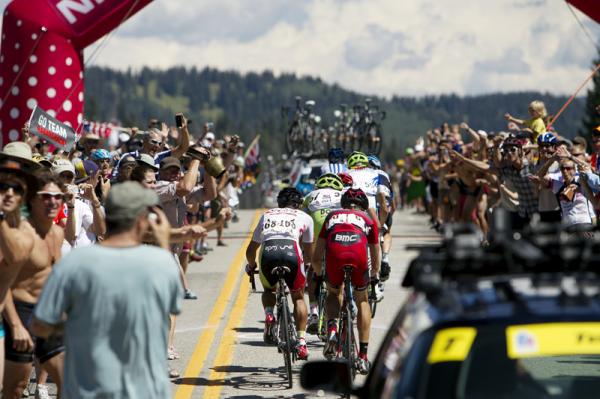
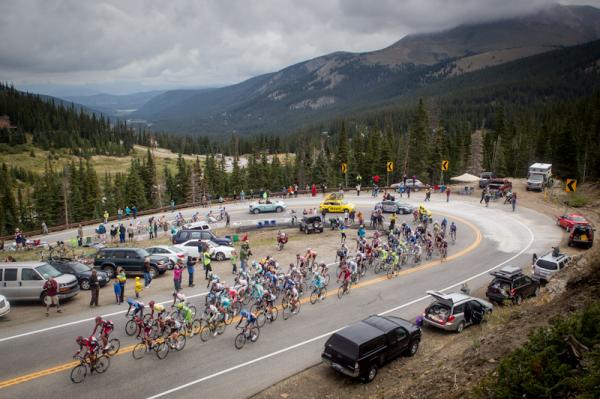
Lucas Euser is looking to confirm his rise to top form in Colorado at the USA Pro Challenge after finishing fourth at the Tour of Utah behind WorldTour riders Tom Danielson (Garmin-Sharp) and Chris Horner (Radioshack), and Janier Acevedo (Jamis-Hagens Berman). The 29-year-old has had a four-year journey back from a shattered patella suffered in a collision with a car in 2009, which cut short his stint at the WorldTour (then ProTour) level.
The UnitedHealthcare climber and Colorado resident is hoping to continue his strong performances next week in order to earn another selection for the USA's team for the world championships, and to open up possibilities of rejoining the WorldTour in 2014. Euser described the stages of the USA Pro Challenge for Cyclingnews.
Stage 1: Aspen, 104.1 km
The start in Aspen is a great opportunity both for the riders, who will spend several days in this world-famous destination, and for the fans, who will be treated to a spectator-friendly circuit race. It's cool that the town is willing to embrace the race, and there are a ton of activities for cyclists and the community.
The fans will be able to follow the action as the race passes by three times, and get a better sense of how the race unfolds. It will be good for both the die-hard fans and to educate those who are less knowledgeable about the sport.
Look for a dynamic, aggressive, hard stage, as the riders will come to the start ready to race. Don't be fooled by the short length of the stage: the outcome will not be any different if the race is two hours or four, as we saw in the Salt Lake City circuit in Tour of Utah. I wouldn't say it will be a definite bunch sprint. It will be difficult for teams to control, and with no race leader teams will look for someone else to take charge, leaving the race wide open.
Stage 2: Aspen - Breckenridge, 202.9 km
The latest race content, interviews, features, reviews and expert buying guides, direct to your inbox!
The stage to Breckenridge could take some riders by surprise: with two big, high-altitude climbs, first to Independence Pass at 12,000 feet, then at Hoosier Pass at 11,500, riders will not feel the same at the end as they would at lower altitudes. It will be a huge factor in the stage.
While Hoosier Pass will be selective, coming at 25km to go, the final obstacle will be Moonstone Road. It's a 2km kicker that is steep in parts. It will be a prime opportunity for guys like me, who can't sit back and wait for the time trial, to try and get a few seconds.
Stage 3: Breckenridge - Steamboat Springs, 170.8 km
I fully expect the finish to Steamboat Springs to end in a bunch sprint, coming after a hard stage, and right before another. It should be like some of the Utah stages, where if we had raced full gas on the climb it might have broken up, but this stage will depend on how we race Rabbit Ears Pass. With a long descent to the finish, it will be difficult to keep an advantage gained on the climb.
Stage 4: Steamboat Springs - Beaver Creek, 165.6 km
The Beaver Creek stage will be the most decisive: the Bachelor Gulch climb is really hard, especially coming after a rolling mid-part of the stage. It's the hardest climb we've seen at this altitude - it's not like the usual consistent 6 per cent grade on Colorado climbs. There are steep pitches, winding through the neighborhood. They've done a great job at finding a good route up, and the descent is very technical.
It won't be like a full mountain finish, but I expect dynamic racing, with groups of less than 10 riders, maybe five or six, to come to the kicker to the ski resort together.
Stage 5: Vail (ITT), , 16.1 km
The Vail time trial is a classic, being part of this event in 2011 and in other races. It's always a decisive stage, but one that can be decided by small margins, like when Christian Vande Velde and Levi Leipheimer were separated by less than one second in 2011. I think we'll see similar fireworks this year.
Coming after such hard stages, there might be bigger separations. It's not a pure time trialist's course. It's difficult to judge your effort - use too much on the flat part at the beginning, and you can blow up on the climb, but save too much and you lose time. There is a lot of thought that goes into an effort like this compared with a flat time trial. It's steep initially, but there is no break, it's all uphill, and at 9,000 feet.
Stage 6: Loveland - Ft. Collins, 185.4 km
This stage is new territory for the race, and by no means will be an easy ride. The altitude is lower than the previous stages, and on paper it looks like there's just one big climb to Estes Park, so people will think it's a sprint day.
They will be surprised by the roads around Horsetooth Resevoir, however. There are some nasty, steep rollers, and could be the best day for a breakaway to stay away. If a GC team is looking to defend the jersey, they will have a hard time chasing back a dangerous move. For a team like UnitedHealthcare, that likes to stack the GC with guys, it is a good chance to send someone who's a little lower down up the road to put pressure on the other teams. It's not a day to shatter the GC, but tactics will definitely come into play.
Stage 7: Denver, 120.8 km
The Denver stage will be essentially the same circuit as last year's time trial, and will be another good stage for the spectators. The circuit race will be more fun for them to watch, and they'll be sure to be treated to an aggressive bike race, and likely a big bunch sprint. To have the support of Denver for the race again is big.
Right now the weather prediction for the week looks perfect - temperatures in the 80s and only a small chance of rain.

